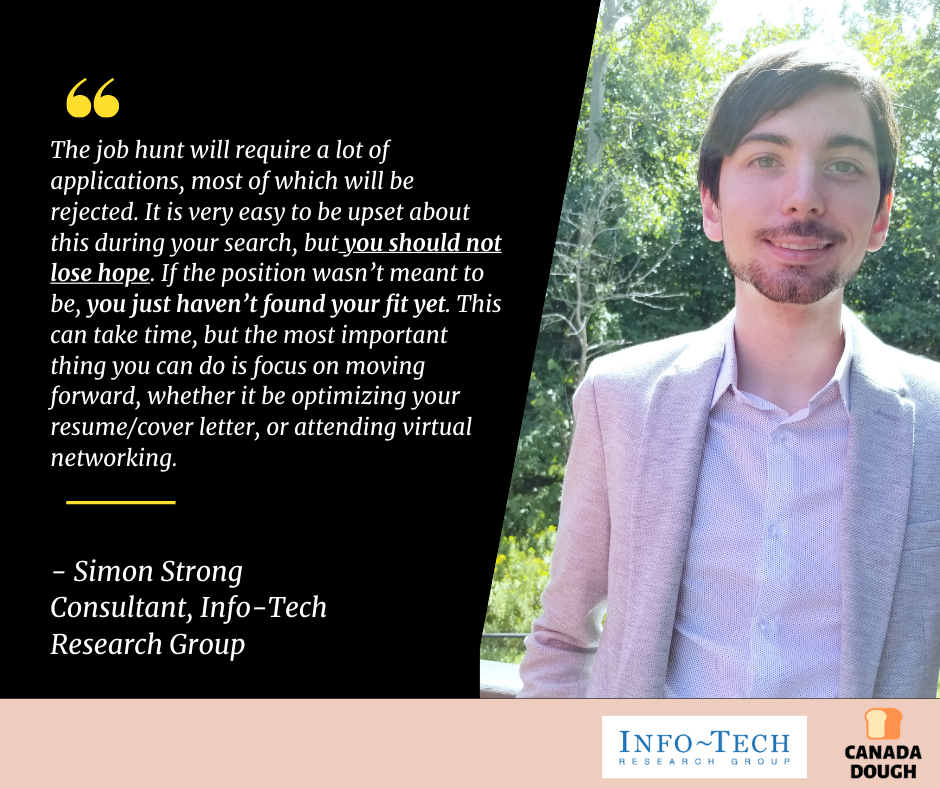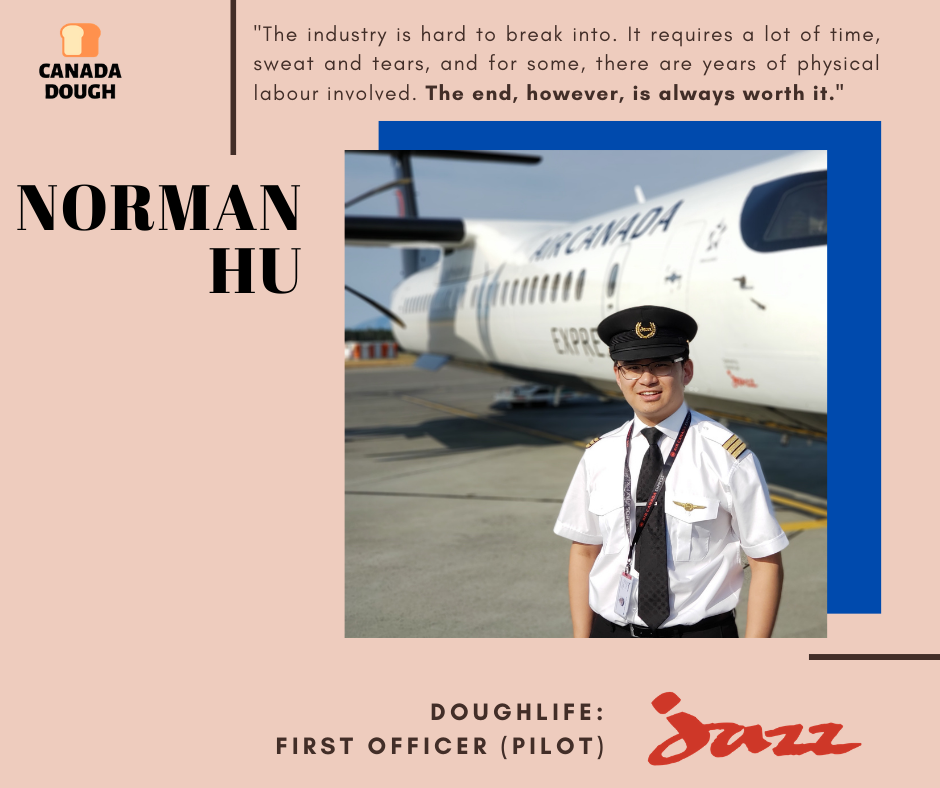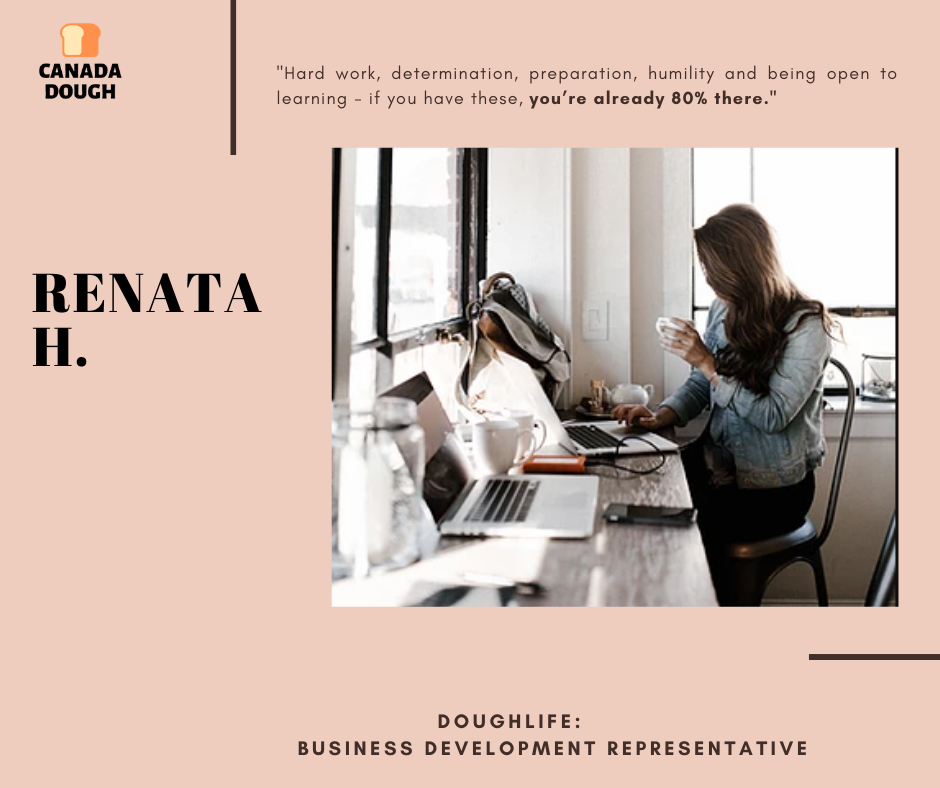Dough Life: A Day in the Life of an Auditor in Tokyo, Japan
- Canada Dough

- Dec 2, 2020
- 7 min read
Updated: Dec 6, 2020
Name: Kouji Aizaki
Role: Financial Auditor at Mazars

About Me
Hello everyone! My name is Kouji Aizaki, and I am a Schulich 2019 iBBA Alumni and I am currently working as a financial auditor at Mazars Japan.
I came to Canada around 4 years ago for university. My initial plan was to obtain a Canadian PR and settle down in Toronto. However, due to my family reasons, I decided to move back to Japan after graduating in 2019.
Why do I like this role? Audit is an excellent role for those people who want to establish a long-term career in accounting or finance. Meeting with clients coming from all types of industries and learning about the differences in accounting treatments through OJT allow me to understand the accounting world better.
1. What is your role? What does your job entail?
To put everything simply, my responsibility as an auditor can be broken down into understand the client’s business, identify misstatements in their financial statements, and examine whether their financial statements are in accordance with the accounting principles.
1. Understand the client's business
Part of the responsibility as an auditor is to perform internal control assessment on our clients. You may or may not have heard of the term “internal control” before, it is basically a control that helps to identify fraud or inappropriate behaviours at a company. My responsibility is to conduct an interview with the client to understand their business cycles such as the sales process (How to initiate a transaction, who approves the transactions, etc), and HR and payroll process (How is the employee salary calculated, who approves the salary payout, etc). After the interview, I assess whether there are any flaws in the internal control system that need to be fixed or improved. This part of the audit is more of an operational thing than an accounting thing. Our goal is to determine the internal control risk which later affects the number of testings that we do during the year-end audit.
2. Identify misstatements in their financial statements
This is where the real accounting stuff comes in. Based on the internal control risk assessed in the previous point, I determine the number of samples to test from the trial balance accounts. For example, I selected a sample of a sales transaction that occurred on October 16th, I would go to my client and ask for the proof of the transaction to determine whether the transaction actually occurred on October 16th, and the amount stated on the proof is the same as the amount recorded on a journal entry. There are also other methods to identify misstatements such as recalculating the interest expense on a long-term loan, visiting the client’s warehouse and performing physical inventory count and etc. You get the idea, we just want to make sure that what they recorded on the financial statements is free from error.
3. Examine whether the financial statements are prepared in accordance with the accounting standards.
Most business major students probably came across with terms like “IFRS” or “GAAP” at some point in their study. Our job is to make sure that our clients prepare their financial statements in accordance with these so-called “accounting standards”. Every country has its own accounting standards, and for my case, most of my clients base their financials in JGAAP (Japanese Generally Accepted Accounting Principles) and convert to IFRS for reporting purposes. Part of our daily work is to check whether the adjusting entries were recorded correctly when converting from JGAAP to IFRS. If discrepancies exist, then we would ask our client to adjust their journal entries so that their financial statements are free from reporting errors.
2. What does a typical work day look like, for you? What is your work-life balance like?
Due to COVID-19, I have been working from home since March with an occasional visit to my office and client’s office. It is difficult to work from home because traditionally, audit is a type of work that we do at our client’s office which helps to finish the tasks faster and more importantly, ensure more effective communication with the client.
My typical work day starts from 9:15am and ends at 6:15pm during non-busy season (May-October). During the busy season however, it is presumptively required to work overtime depending on the engagement.
Usually, the first thing I do in the morning is to check my email and see if I received any requested documents or updates from the client. Next, I hop on a video call with my engagement team members and update each other on the progress. After the call, I perform analysis on the documents shared from our client which takes up most of my day.
Work can be quite daunting sometimes during the busy season, but Mazars’ frank and supportive working culture motivates me to work harder and deliver good results.
3. What appealed to you about this particular organization?
Though Mazars is located in the financial center of Tokyo, I do not visit my office often as I usually work at the client’s office. One thing that I like about Mazars is the international environment and the opportunity to utilize my language skills. I have always wanted to work at a firm where I can utilize my Japanese, English, and Chinese skill. When interacting with my clients, I speak to them in Japanese and when creating my working papers, I type everything in English. Also, not to mention that everyone is friendly and supportive!
4. What aspects of your job do you enjoy? What keeps you up at night?
As audit is a team-based job, it is important to be a supportive team member. I enjoy working with my team, and I like the fact that my seniors listen to my opinions. Looking back over the last 11 months, I was given many opportunities to work with clients from many different industries. There are challenging times, of course, but nothing beats the feeling I get when my seniors entrust me to work on a difficult engagement. I feel that my experience level and my knowledge in accounting are growing exponentially.
RECRUITMENT PROCESS
5. What would the ideal candidate look like? Describe any relevant skills, experiences, traits, etc.
Since almost all of our clients are foreign companies based in Japan, it is required for the new joiners to be fluent in Japanese and English. Just like many other audit firms, it is mandatory to obtain a CPA license in order to move up the corporate ladder. With that being said, we look for candidates who either have a CPA or are actively studying for the CPA exam. Regarding the soft skills, it is important to be able to work under pressure and finish the tasks before the deadline. Mazars Japan rarely hires new graduates so having a solid accounting background and related internships would be appealing to the interviewers.
6. What did the application/interview process look like for you? How did you get your foot in the door?
I had 4 rounds of interviews in total. I applied to Mazars Japan through Linkedin while I was in Toronto so all the interviews were conducted online. My first round was with the HR manager, second round was with the audit manager, third round was with a staff, and the final round was with the representative partner.
Prior to joining Mazars, I had my audit internship at PwC Hong Kong and a CPA firm in mainland China. I am assuming that my language skills and my audit internship experiences helped me to land this great opportunity.
7. How did you stand out in the application process?
In Japan, most international firms require candidates to submit both a Japanese CV and an English CV. The format of the Japanese CV is very different compared to the English one in the sense that it is not customizable. The most notable difference is that, at the bottom of the Japanese CV, it is required for you to state the reason for applying (just like the cover letter). I started my desire to be part of an engagement team where language skills are required the most and I suppose that was something that appealed to the interviewers the most.
8. Looking back, was there anything you could have improved during your application process, or mistakes that you noticed other applicants had made?
It is always good to do some research about the company before the interview to show that you did your study, and prove that you are interested in the role you are applying to. Also, read your resume multiple times before starting the interview so you know what to say when the interviewer goes through each point you have included on your resume. Highlight your strong points, talk about what skills you can offer to the company you are applying to, and most importantly, show interests!
9. Were there any surprises in your job search experience or things you wished you had known earlier?
There were no surprises during my job search as it was relatively a smooth boat for me to land a job in Japan due to the lack of bilingual candidates who specialize in accounting. Though it may not be relevant to this question, I did hope that I had someone who could teach me something about accounting or in the professional service field in Japan. Although my nationality is Japanese, I never actually worked in Japan so naturally, I had many questions and concerns on what to expect to work in Japan. Is there really no work-life balance? Will I be working until 12am everyday? These are just some examples of the questions that I had in mind before coming here.
10. What advice would you give to someone who wants to break into your role/program?
Job hunting can be disappointing and exhaustive especially with what is happening in the world right now.
But remember, you are the only change-maker here, so here are my last pieces of advice:
1. If you lack some skills for the position that you want to get into, go online and learn it.
2. If you happened to know someone who comes from the industry you are interested in applying to, don’t be shy and just reach out to them!
3. If you have a high ego that stops you from applying to smaller firms, drop it - you can always transfer to a larger firm once you have the experience to do so.
4. Rejection is never an indication of failure, treat it as a learning experience and continue to go forward.
Thank you for taking your time to read my post and I hope you got to learn something about the financial audit field and some job hunting techniques in Japan! If you are interested in working in Japan, shoot me a message on Facebook or Linkedin and I am happy to help you out!




Comments